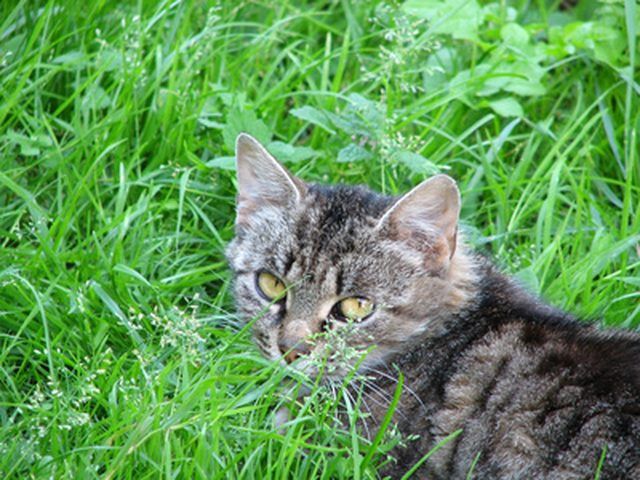Bulbs
Flower Basics
Flower Beds & Specialty Gardens
Flower Garden
Garden Furniture
Garden Gnomes
Garden Seeds
Garden Sheds
Garden Statues
Garden Tools & Supplies
Gardening Basics
Green & Organic
Groundcovers & Vines
Growing Annuals
Growing Basil
Growing Beans
Growing Berries
Growing Blueberries
Growing Cactus
Growing Corn
Growing Cotton
Growing Edibles
Growing Flowers
Growing Garlic
Growing Grapes
Growing Grass
Growing Herbs
Growing Jasmine
Growing Mint
Growing Mushrooms
Orchids
Growing Peanuts
Growing Perennials
Growing Plants
Growing Rosemary
Growing Roses
Growing Strawberries
Growing Sunflowers
Growing Thyme
Growing Tomatoes
Growing Tulips
Growing Vegetables
Herb Basics
Herb Garden
Indoor Growing
Landscaping Basics
Landscaping Patios
Landscaping Plants
Landscaping Shrubs
Landscaping Trees
Landscaping Walks & Pathways
Lawn Basics
Lawn Maintenance
Lawn Mowers
Lawn Ornaments
Lawn Planting
Lawn Tools
Outdoor Growing
Overall Landscape Planning
Pests, Weeds & Problems
Plant Basics
Rock Garden
Rose Garden
Shrubs
Soil
Specialty Gardens
Trees
Vegetable Garden
Yard Maintenance
Is the Areca Palm Plant Toxic to Cats?
Is the Areca Palm Plant Toxic to Cats?. Cat owners choose plants that are safe and non-toxic for their beloved pets. Any plant can cause adverse effects in cats, but may not be poisonous. If your cat ingests part of an areca palm (Dypsis Lutescens), monitor its symptoms closely.

Cat owners choose plants that are safe and non-toxic for their beloved pets. Any plant can cause adverse effects in cats, but may not be poisonous. If your cat ingests part of an areca palm (Dypsis Lutescens), monitor its symptoms closely.
Identification
The areca palm is also known as the cane palm, golden butterfly palm and the yellow palm. The areca palm grows quickly and is low maintenance and makes a lovely houseplant. An adult areca palm in the wild resembles a large bush and often reaches heights of over 20 feet and has long fronds that arch gracefully. Houseplants are smaller.
Potential
While many species of palm trees and palm tree seeds are toxic to domestic animals, the areca palm is considered safe if consumed by cats or dogs, states the American Society For The Prevention Of Cruelty To Animals or ASPCA. Consumption of this palm tree, leaves or seeds may result in mild gastrointestinal distress such as vomiting, diarrhea and depression.
Considerations
Cats that consume the areca palm tree may experience some gastrointestinal distress. However, cats exhibiting serious symptoms or becoming ill should be seen by a veterinarian.